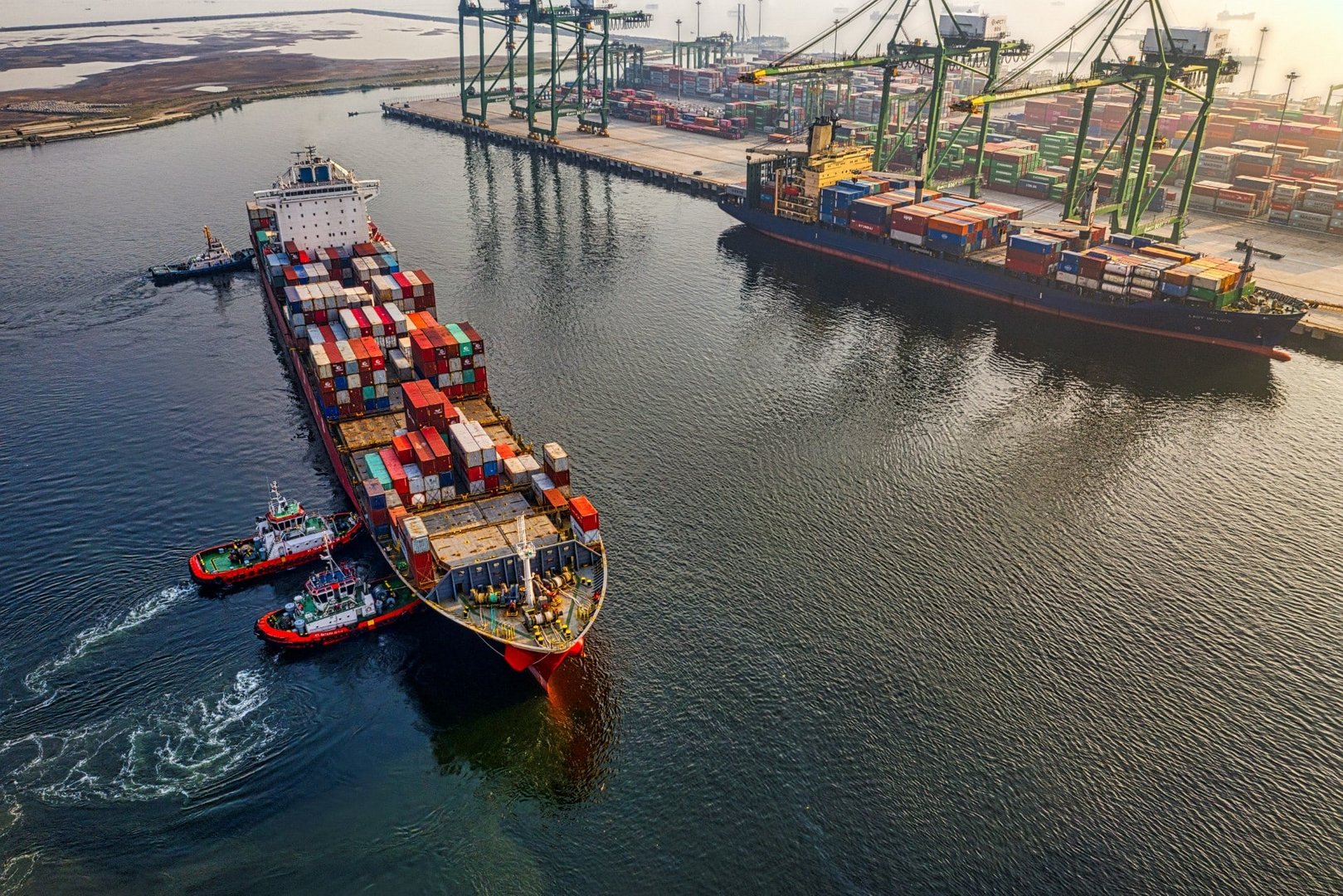With the EU’s FuelEU Maritime regulation set to take effect in January 2025, Cyprus and Europe’s shipping sector face stringent emissions oversight, aiming to push the industry toward net zero through ambitious targets and substantial fines.
A recent briefing from Norton Rose Fulbright’s Philip Roche and Kelli Bodal Hansen gives emphasis to that FuelEU’s impact will extend to owners, charterers, and ship managers alike.
They warn that “there is much for shipowners and operators to consider” with FuelEU.
Furthermore, Roche and Hansen noted that “There is a misconception that the EU ETS is a charterers’ problem and FuelEU is an owners’ problem. But the position is more complex than this,” emphasising that “FuelEU compliance is an issue which owners, charterers, ship managers, and others will all have to face in the coming months.”
Under the regulation, the burden of compliance falls squarely on the Document of Compliance (DOC) holder, introducing new responsibilities for ship managers who often have limited control over emissions-related decisions.
Consequently, stakeholders are urged to review contracts closely to address cost-sharing for compliance, the allocation of emissions credits, and the handling of penalties.
In Cyprus, a major maritime hub within the EU, the impacts of FuelEU are expected to be significant.
The Cyprus Shipping Chamber (CSC) emphasised that early compliance is crucial, given the economic importance of maritime services to the island.
CSC Director General Thomas Kazakos said that “The adoption of FuelEU regulations presents a chance for Cyprus to take the lead in sustainable maritime practices across Europe. Our position as a shipping centre makes it vital that we align with EU decarbonisation goals.”
He added that Cyprus-based shipping companies should “consider this an opportunity to showcase their commitment to reducing emissions on a European stage.”
Under FuelEU, shipping companies are required to submit a monitoring plan by August 2024. Then, from January 2025, emissions data must be recorded, with annual verification due by January 31, 2026.
Fines will be imposed by June 2026 for any non-compliance. Roche and Hansen underscore the urgency.
“Parties must urgently consider the issues FuelEU raises,” they note, “and in particular look to their contracts to ensure that they are adequately protected in this respect,” the authors said.
Effective cooperation and reliable data sharing are therefore seen as critical to managing the challenges of FuelEU compliance.
FuelEU’s requirements will significantly impact time charter agreements, prompting parties to negotiate terms for handling compliance costs and emissions credits.
According to the report, “An escalation of the conflict in the Middle East could have negative consequences for global and regional trade flows, particularly for any countries directly involved. The effects would also be felt in other regions, including through further disruptions to shipping and rising energy prices due to higher risk premiums.”
Roche and Hansen’s report illustrates the complexities, stating, “If a vessel has used more expensive, lower-emission fuel to comply with FuelEU and has generated a compliance surplus, will the charterer expect to receive the value of this?”
“This raises additional questions about how this surplus is valued and how frequently compliance is assessed: is it annually or more frequently,” it added.
Pooling compliance balances across multiple vessels is another provision within FuelEU, which could benefit operators if terms are clarified regarding surplus and deficit allocations.
The authors emphasise, “Consideration will need to be given to ensuring how the expected compliance contributions for vessels are maintained and what steps will need to be taken if there are changes to vessel emissions.”
Moreover, changes in ownership or DOC holders bring further complexity for FuelEU compliance, whether through vessel sales, altered charter arrangements, or management changes.
Norton Rose Fulbright advises that contractual terms must clearly define responsibilities in these cases.
Roche explains, “It is difficult to see how existing DOC holders will be willing to be responsible for another entity’s compliance.”
For instance, if a DOC holder has “borrowed” emissions credits against future compliance, accountability must be outlined—especially if the vessel is sold or undergoes operational changes.
With the January 2025 deadline rapidly approaching, Roche and Hansen recommend that shipping companies review contracts, establish monitoring plans, and explore emissions-reduction strategies now.
For Cyprus and other EU countries heavily reliant on shipping, maintaining awareness of FuelEU requirements and industry practices will be essential for effective compliance.
Norton Rose Fulbright concludes that success in FuelEU compliance will hinge on collaboration, data sharing, and proactive engagement.
“Shipping companies and brokers must stay informed about the latest developments in FuelEU regulations and industry best practices to ensure ongoing compliance and competitiveness,” they advise.







Click here to change your cookie preferences